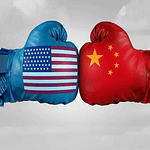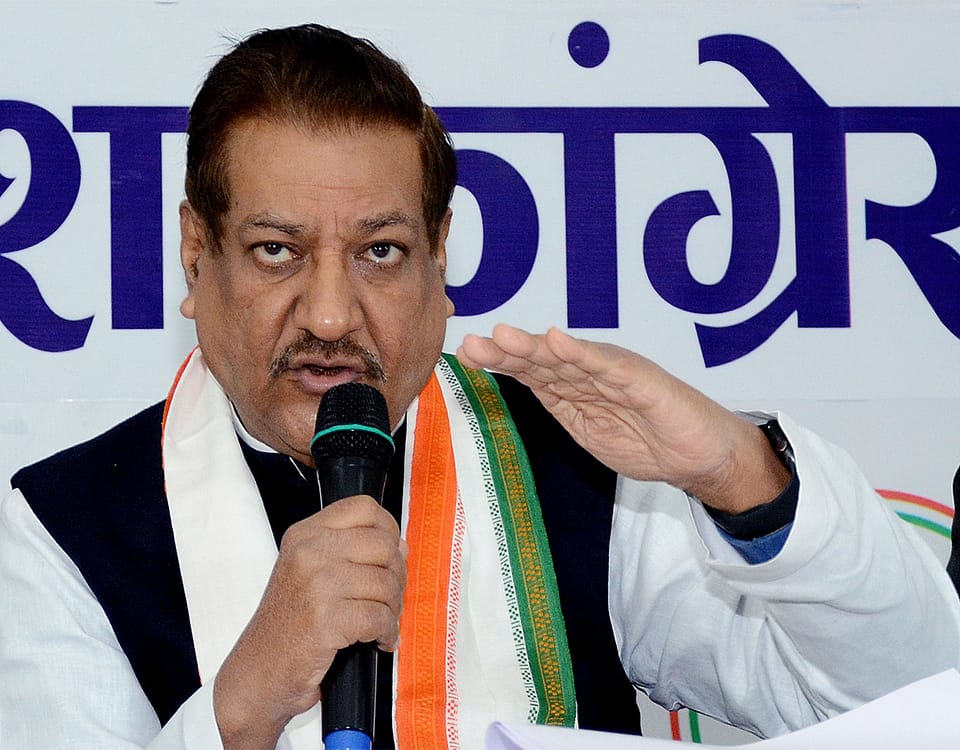
Saim Ayub Equates Unwanted T20 Record with Sixth Duck in 2025
September 25, 2025
China Sanctions Six U.S. Firms Amid Trade Talks — Deepening Frictions Ahead
September 25, 2025Abu Dhabi / Dubai, 25 September 2025 — The United Arab Emirates has moved to tighten control over how artificial intelligence is used in media, officially prohibiting any depiction of public figures or national symbols via AI without prior authorization. The UAE Media Council has framed this as a defense of truth, dignity, and national identity in an age of deepfakes and digital misinformation.
Why the Rule Now?
The decision comes after mounting concerns that generative AI is being used to craft misleading images or narratives—sometimes in ways that could defame individuals, weaken public trust, or desecrate symbols revered by society. The Media Council specifically warned that the use of AI to promote falsehoods, incite hate speech, defame others, or undermine the dignity of persons or institutions would be treated as a media violation.
One recent flashpoint: a social media post surfaced showing an AI-created image of a user beside Sheikh Zayed Al Nahyan, the UAE’s founding father. Many viewed the image as offensive or gratuitous, and it sparked backlash over boundaries in AI usage. That incident is seen as a trigger for reinforcing stricter controls.
What the Regulation Says & What It Targets
- Depicting public figures or national symbols without approval is now a breach of media regulations.
- AI or digital tools used to spread misinformation, defamation, hate speech, or content that compromises societal values will be punishable under existing Media Violations Regulation, via fines or administrative actions.
- The law appeals broadly to social media users, media organizations, and content creators, urging them to uphold “professional and ethical responsibility” when employing AI.
The UAE also places this move in the context of existing legal structure: for instance, Article 1(17) of its Federal Media Regulation Decree imposes requirements that media must respect national identity, symbols, and culture. And earlier in 2024, the UAE issued a Charter for Ethical AI Use that pushes for responsible, respectful deployment of AI technologies.
AI Meets Oversight: Tech, Enforcement & Watchdogs
To enforce these new rules, the Media Council has been building regulatory infrastructure. It’s working with Presight, an AI and big-data firm, to develop a platform that can monitor, analyze, and validate media content for compliance in real time. The system is expected to aggregate data across agencies, help filter suspect content, and support coordinated enforcement.
On the regulatory side, the Council is also pushing a permit system for advertisers and content creators, further tightening who can publish and under what rules.
Implications & Tensions
This shift signals that the UAE is trying to catch up with the pace of AI’s evolution. But it also opens some questions:
- Freedom vs control: How far can regulation go before it stifles creativity or legitimate political commentary?
- Transparency of enforcement: Who decides what crosses the line, and how will appeals or disputes be handled?
- International norms: Other countries are also grappling with AI regulation—this may become a benchmark (or a cautionary tale).
- Technical arms race: As regulation tightens, people with bad intent may develop subtler AI tools or evade detection.
- Legal clarity & education: Many creators may not fully understand the boundaries; guidance, public awareness, and legal clarity will be essential.




